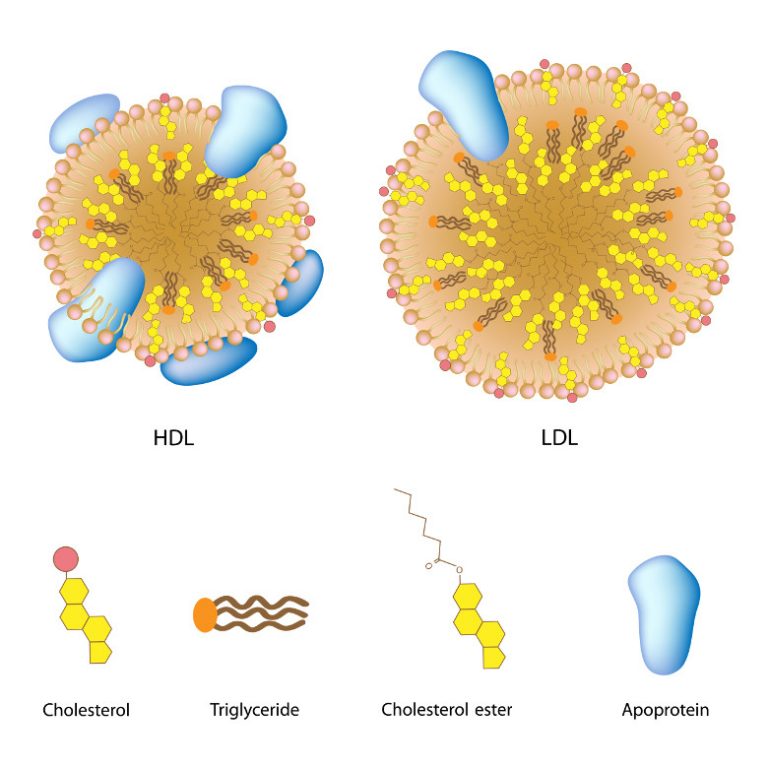
Low-density lipoprotein (LDL), or “bad cholesterol,” is typically associated with an increased risk of heart attack and stroke. Lipoproteins are substances made up of protein and fat. LDLs can be separated by type and if they include lipoprotein(a), or Lp(a).
Typically, doctors test for:
- Total cholesterol levels
- LDL
- HDL (high-density lipoprotein)
- Triglycerides, another type of fat found in the blood
However, your doctor may perform an Lp(a) test to get more information about your health. The Lp(a) test can be used to measure the levels of Lp(a) in your bloodstream, which are related to your risk of heart disease.
Your doctor may also order this test if you have a family history of heart disease, heart attacks, or heart problems. You may also be asked to take this test if you have high cholesterol or if your LDL levels do not respond to treatment.

